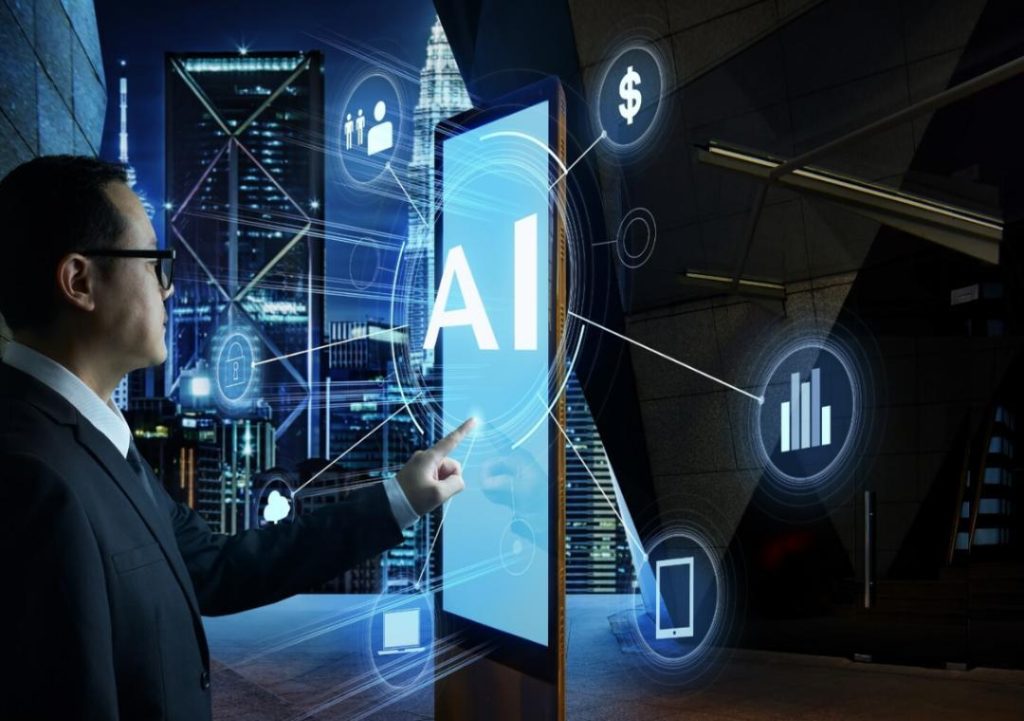
AI & ML now power over 77% of business processes
In today’s digital-first world, the lines between traditional and emerging technologies have blurred. Artificial Intelligence (AI) and Machine Learning (ML) are no longer futuristic concepts, but operational essentials. A staggering 77% of enterprises are now leveraging AI/ML to transform their businesses, improve productivity, reduce costs, and personalize user experiences.
The integration of AI/ML has become a fundamental requirement for staying competitive, and the statistics are astounding. According to a recent report, 77% of businesses are using AI/ML to automate and optimize various processes. This phenomenon is not limited to a specific industry or sector, as AI/ML is being applied across diverse domains, from customer support to real-time fraud detection.
In this blog post, we’ll delve into the world of AI/ML, exploring its importance, applications, and the benefits it brings to businesses. We’ll also examine the statistics and trends that have led to the widespread adoption of AI/ML across various industries.
What is AI and ML?
Before we dive into the significance of AI/ML, let’s briefly explore what they entail.
Artificial Intelligence refers to the development of intelligent machines that can perform tasks that typically require human intelligence, such as visual perception, speech recognition, decision-making, and language translation.
Machine Learning, on the other hand, is a subset of AI that enables machines to learn from data without being explicitly programmed. ML algorithms analyze vast amounts of data, identify patterns, and make predictions or decisions based on that information.
Why is AI/ML important?
The importance of AI/ML lies in its ability to drive business value through automation, optimization, and innovation. By leveraging AI/ML, businesses can:
- Improve Productivity: AI/ML can automate repetitive and mundane tasks, freeing up human resources to focus on higher-value activities.
- Reduce Costs: AI/ML can optimize processes, reduce errors, and minimize waste, leading to significant cost savings.
- Personalize User Experiences: AI/ML can analyze customer behavior, preferences, and feedback to deliver personalized recommendations, offers, and interactions.
- Enhance Decision-Making: AI/ML can analyze vast amounts of data, identify patterns, and provide insights to inform business decisions.
- Boost Customer Engagement: AI/ML can analyze customer interactions, sentiment, and feedback to improve customer satisfaction and loyalty.
Applications of AI/ML in Business
AI/ML is being applied across various industries, including:
- Customer Support: Chatbots and virtual assistants are being used to provide 24/7 customer support, answering queries, and resolving issues.
- Fraud Detection: AI/ML-powered systems are being used to detect and prevent fraud in real-time, reducing financial losses and improving security.
- Supply Chain Optimization: AI/ML is being used to optimize supply chain management, predicting demand, and identifying bottlenecks.
- Marketing and Advertising: AI/ML is being used to personalize marketing campaigns, target high-value customers, and optimize ad spend.
- Healthcare: AI/ML is being used to analyze medical images, diagnose diseases, and develop personalized treatment plans.
Statistics and Trends
The adoption of AI/ML is accelerating at a rapid pace. Here are some key statistics and trends:
- 77% of Enterprises Use AI/ML: A recent report found that 77% of businesses are using AI/ML to improve productivity, reduce costs, and personalize user experiences.
- AI/ML Investments: Global investments in AI/ML are expected to reach $190 billion by 2025, up from $16 billion in 2020.
- Job Market Impact: AI/ML is expected to create new job opportunities, but also displace some jobs, particularly those that require repetitive or routine tasks.
- Industry Leaders: Companies like Amazon, Google, Microsoft, and Facebook are already leveraging AI/ML to drive business growth and innovation.
Conclusion
The integration of AI/ML is no longer a choice, but a fundamental requirement for businesses to stay competitive in a digital-first world. With its ability to improve productivity, reduce costs, and personalize user experiences, AI/ML is poised to transform industries and revolutionize the way businesses operate.
As the adoption of AI/ML continues to accelerate, it’s essential for businesses to stay ahead of the curve by investing in AI/ML training, developing AI/ML strategies, and leveraging AI/ML-powered solutions to drive innovation and growth.
Source:
https://www.growthjockey.com/blogs/what-is-ai-and-ml-how-is-it-important
Note: The statistics and trends mentioned in this blog post are based on publicly available data and reports. However, please note that the accuracy and reliability of this data may vary.





